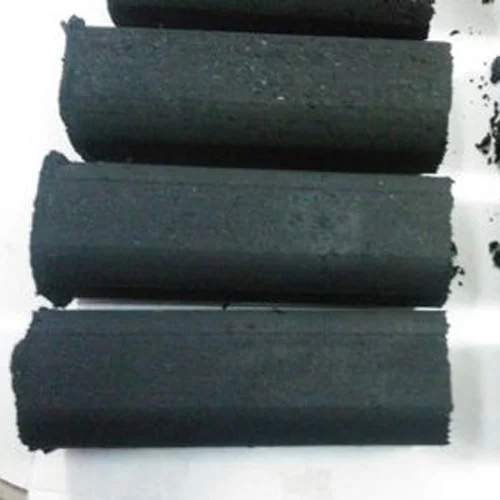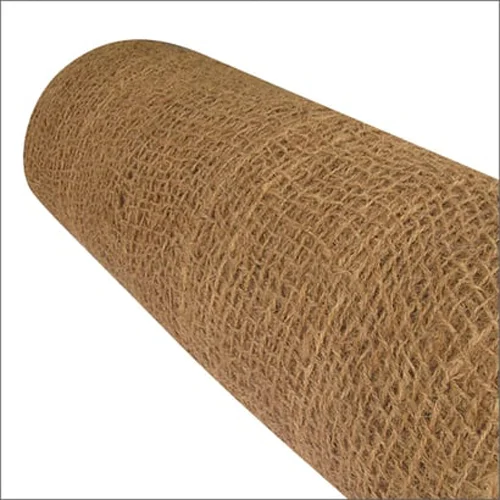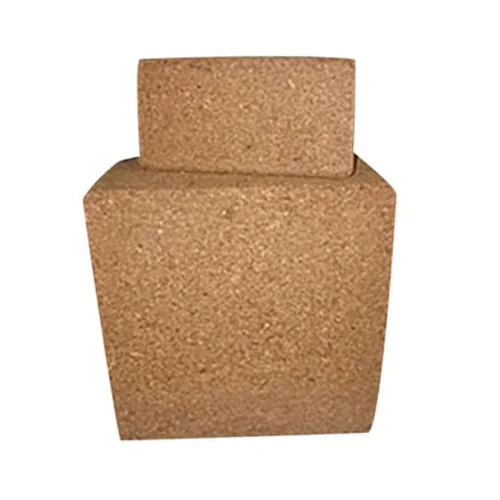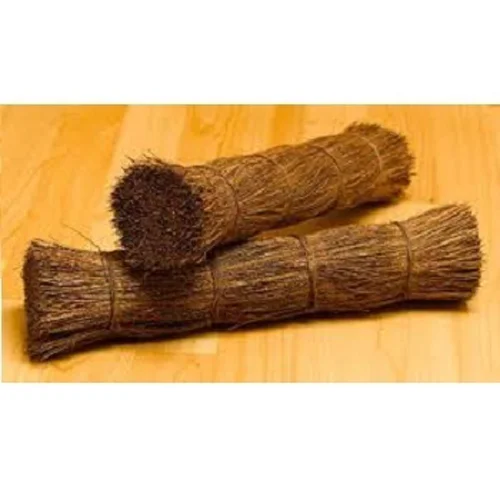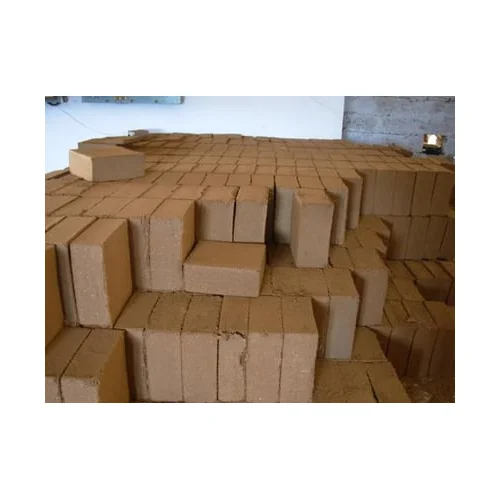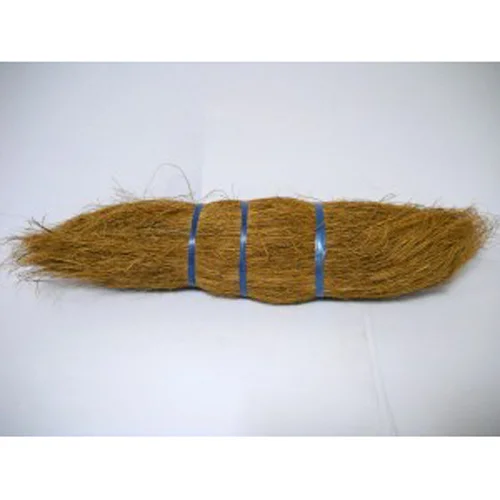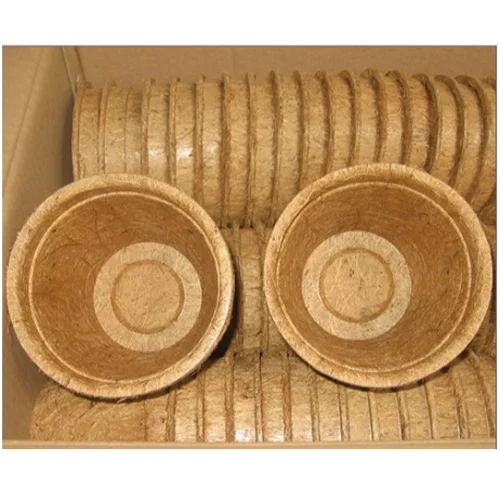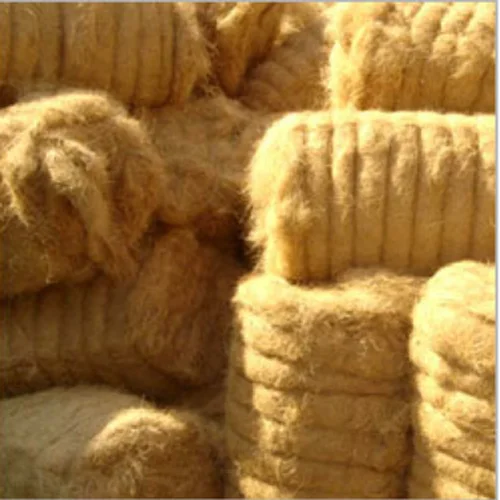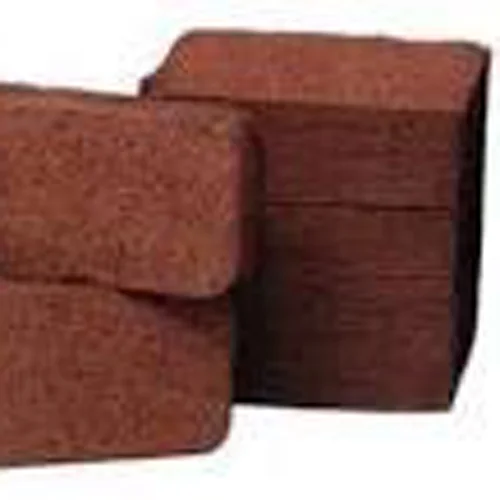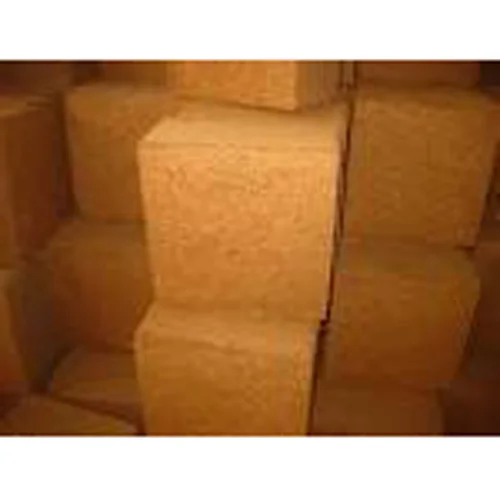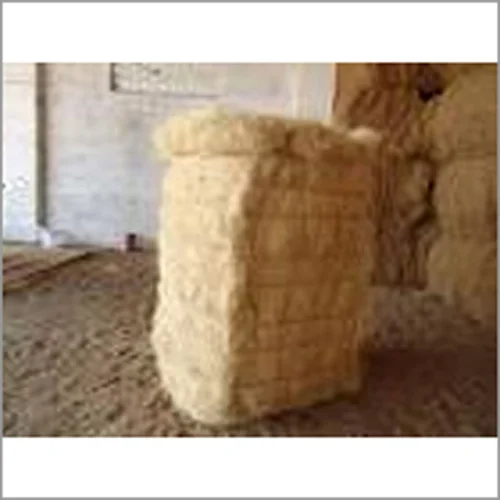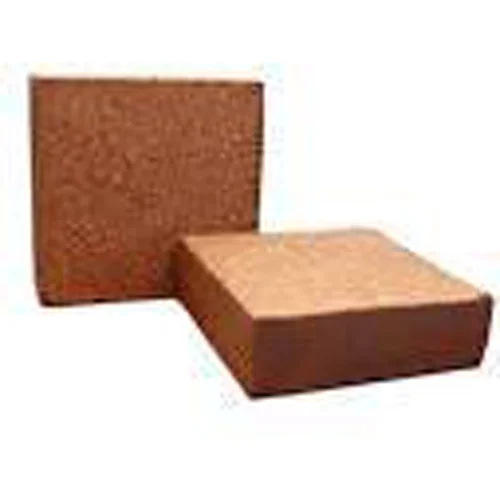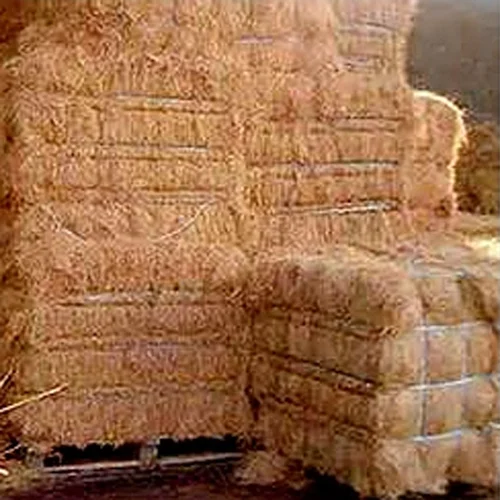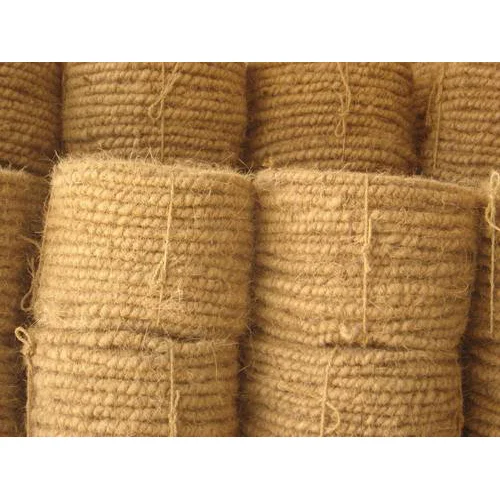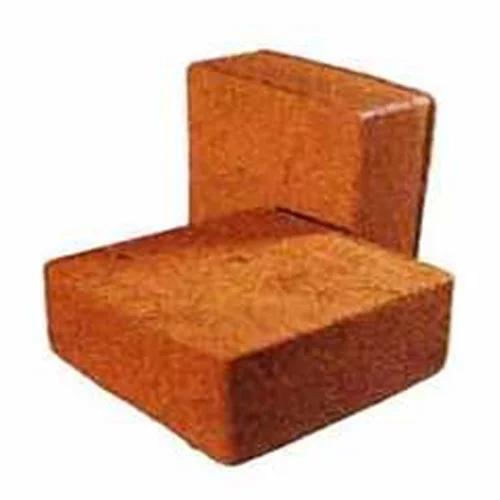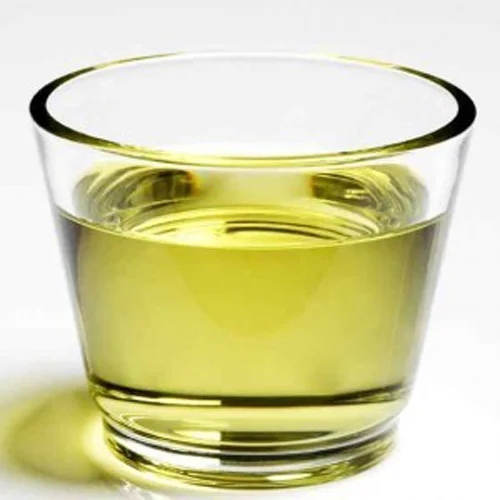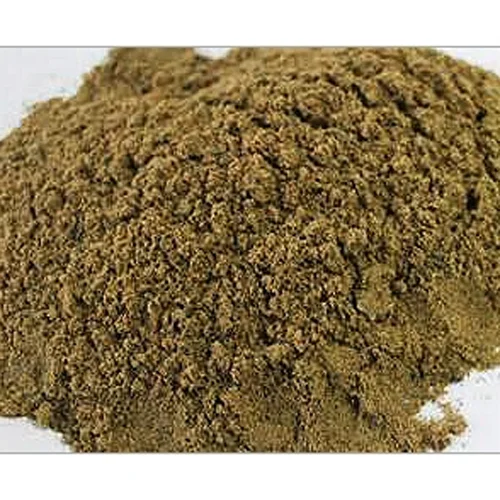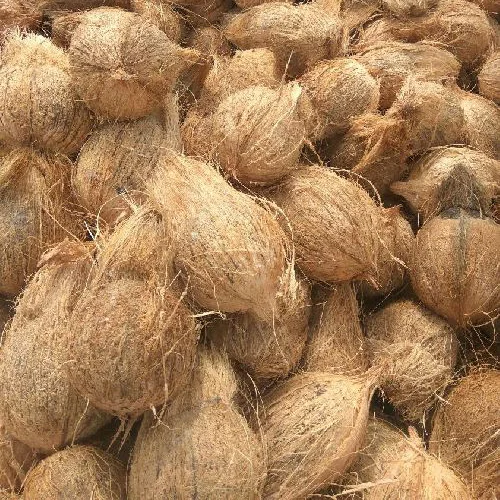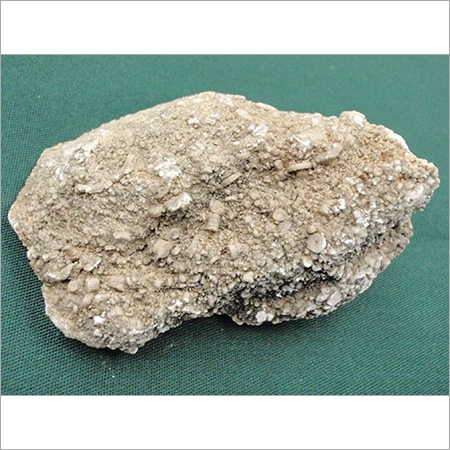High-grade coconut charcoal is a natural filtering agent used to purify water. It is made from coconut shells that are heated in a low-oxygen environment to create a highly porous, activated charcoal. The process of creating activated charcoal involves heating the coconut shells to a high temperature and then cooling them quickly. This results in a highly porous material with a large surface area, allowing it to effectively trap and filter impurities from water.
Activated charcoal made from coconut shells is an effective alternative to traditional water filtration methods, such as reverse osmosis or UV treatment. It is able to remove impurities from water, such as chlorine, sediment, and volatile organic compounds (VOCs), that can affect the taste and odor of water. It is also effective at removing heavy metals and other contaminants that can be harmful to human health.
Coconut charcoal is a sustainable and environmentally friendly option for water filtration. Coconut shells are a renewable resource that are abundant in tropical regions. Using coconut shells for water filtration also reduces the amount of waste produced by coconut processing, as the shells would otherwise be discarded.
Coconut charcoal can be used in a variety of water filtration systems, such as pitcher filters, faucet filters, and whole-house filtration systems. It is often used in combination with other filtration media, such as sediment filters or activated carbon filters, to create a multi-stage filtration system that effectively removes a wide range of impurities from water.
In conclusion, high-grade coconut charcoal is a natural filtering agent used to purify water. It is made from coconut shells that are heated in a low-oxygen environment to create a highly porous, activated charcoal. Activated charcoal made from coconut shells is an effective and sustainable alternative to traditional water filtration methods, and can be used in a variety of filtration systems to remove impurities from water.


